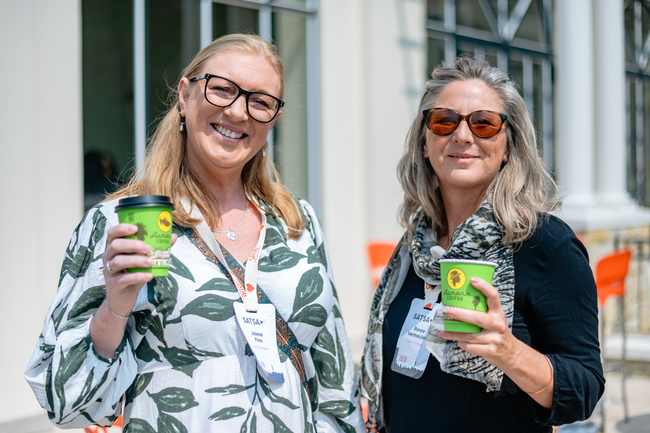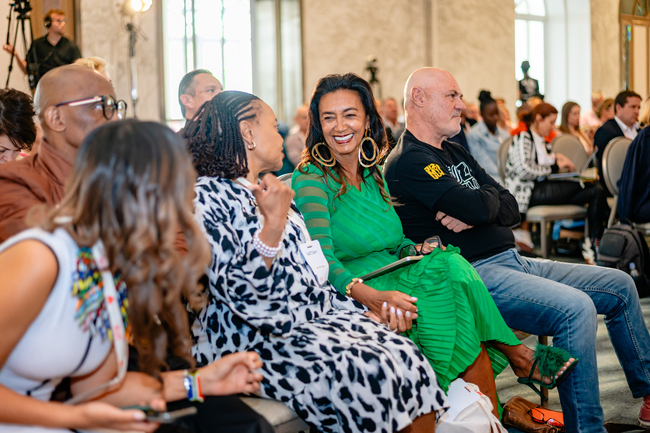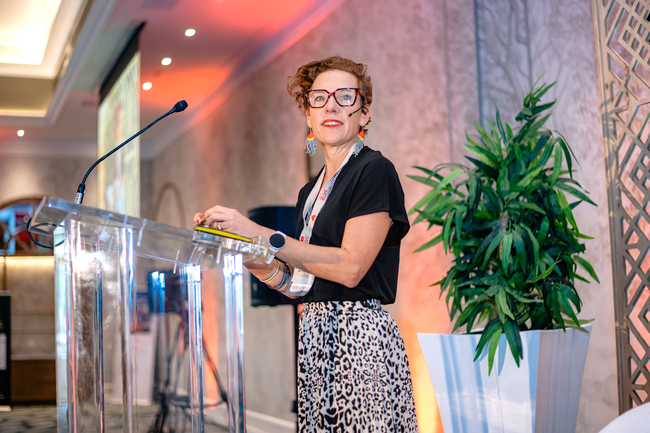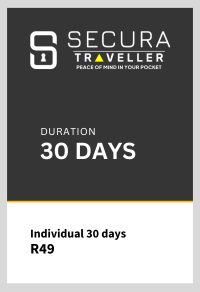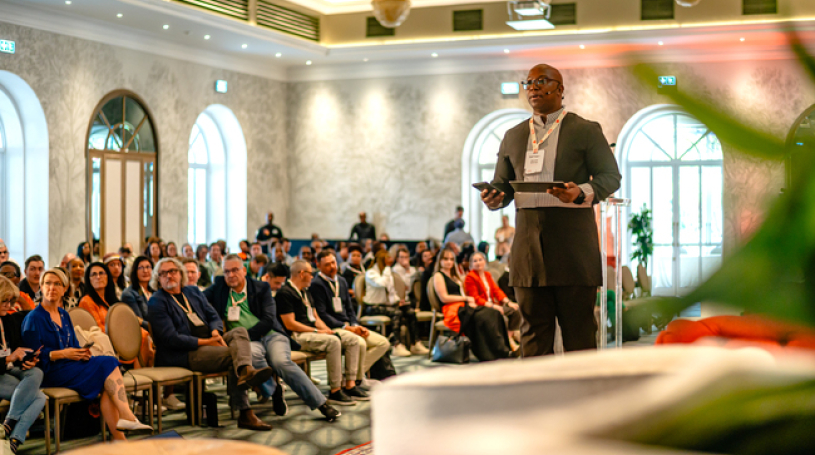SATSA Conference Day 2: Spreading the Love Beyond the Obvious
Day two brought the energy from day one’s "roll up our sleeves" mentality into sharp focus. For those of you who experienced it firsthand at The Westcliff, you know what we mean. For our SATSA members following along remotely, here's what happened when we started mapping out exactly how to start spreading the love.
But first, a reminder of why we’re doing this work:
The Power of Speaking Up
On day one, SATSA Chairperson Oupa Pilane set out a challenge that still echoed through every discussion on day two: silence is not an option if we want tourism in South Africa to survive and thrive. As published in his Daily Maverick piece “SATSA calls time on silence, demands accountability to save SA’s tourism industry”, Oupa called on all of us - industry leaders and members alike - not only to demand transparency and accountability but also to lead with courage.
"We must be louder about good governance; we must insist that no community gets left behind; above all, we cannot afford complacency," he said.
This spirit shaped everything that followed.
From 3.6-million-year-old fossils in our backyard to cruise ships discovering hidden coastal gems, the discussions proved that South Africa's greatest stories aren't always the ones we're telling.
Joburg: The Stories That Matter
Five powerful voices reminded us that Joburg isn't the problem - our storytelling is.
Howard Geach & Dr Tebogo Makhubela told us that we're so busy selling Big Five safaris that we forget every visitor can trace their roots to these rocks. Howard put it best: "Stop thinking Johannesburg is just a crime scene. This is where the entire human story begins."
Then there was Thato Mothopeng, who challenged us to stop packaging Soweto as "poverty tourism". Soweto pulses with creativity and pride. His message? Expand your offering authentically and watch sales, trust, and transformation follow.
Laurice Taitz-Buntman, whose "Johannesburg in Your Pocket" proves Joburg's magic every week, reminded us that the best stories can't be found in guidebooks or official campaigns. Her challenge: don't wait for permission; build your own storytelling infrastructure.
Thabo Modise from Toura Travel Therapy drove the point home: "Many countries have wildlife, but what they don't have is our art and our stories. Don't just be sellers of our landscape - be custodians of our heritage."
WATCH: Johannesburg Tour Highlights Here
Spreading the Love Means Letting Go
The theme of the conference came alive in the sessions about geographical spread.
David Frost, Helen Bolton, and David Ryan tackled our biggest distribution challenge head-on: Cape Town and Kruger are full, but we keep forcing them into every itinerary anyway.
David Ryan's diagnosis was sobering: "We're still selling travel like it's 2005. We focus too much on polish, too little on purpose. Knowledge doesn't scale easily, but that's about to change." His solution involves feeding the right information into emerging systems so travellers discover the destinations we want them to, not just the ones they already know.
But here's where the panel made the call that could change everything: "Stop looking at each other as competitors, see each other as collaborators. We need to start behaving and acting collaboratively, so that the LLMs are fed with the right information. It needs to be done as a collective. If ever there was a time for us to do something collectively, it's now."
The reality check continued: if we don't evolve and own this space, we'll be obsolete. "In two years, technology will take bookings. We need to let go of the idea that the traveller is dependent on our knowledge."
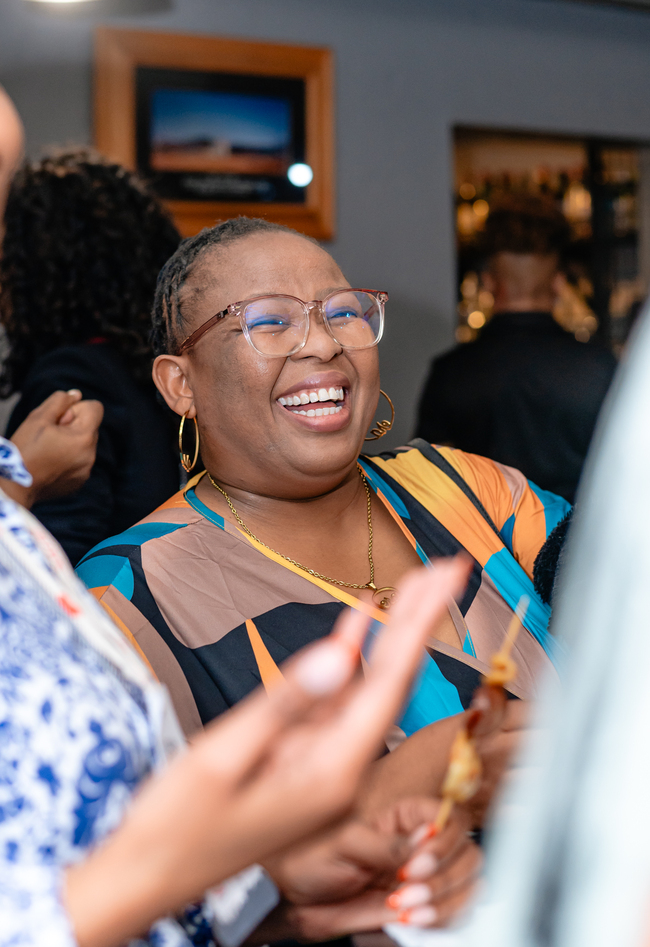
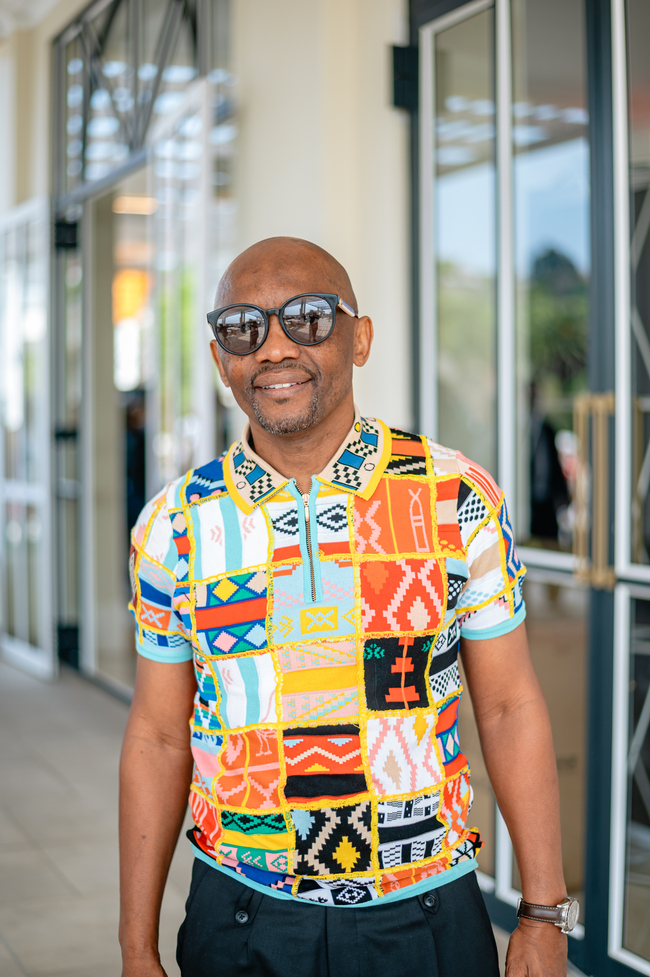
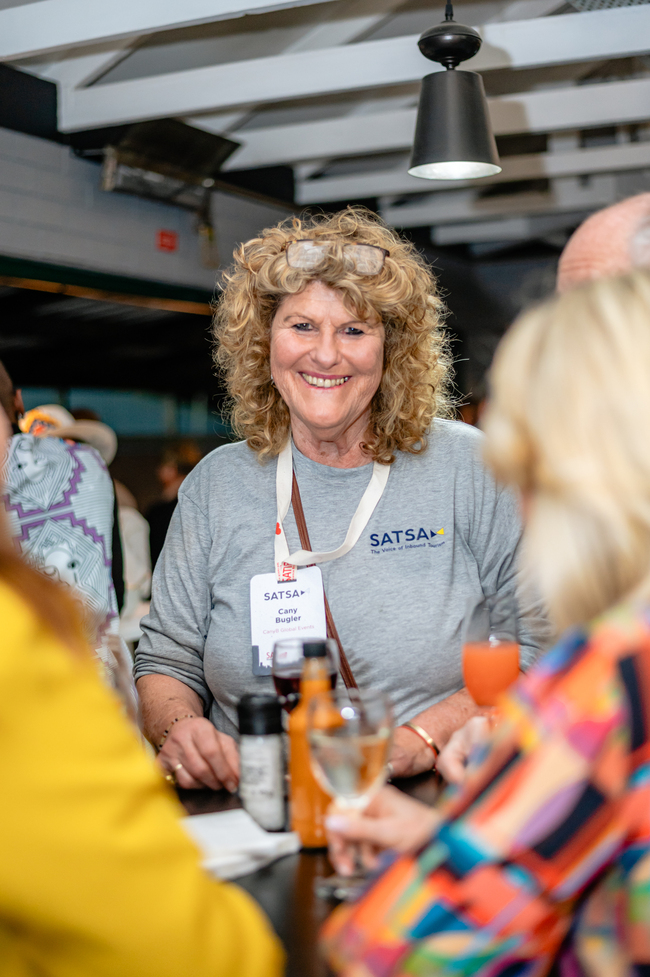
The Western Cape Hunts in Packs
Julia Louw, Joan Shaw, Lieschke Steven-Jennings, and Jacques Stoltz showed us what spreading the love looks like in practice in the Western Cape.
"Tourists don't see borders. You can't sell your destination if you're not selling everything around it. We hunt in packs," said Joan Shaw from George Tourism. George went from zero American visitors to their third-largest international market. They adopted smaller towns. They created events that generate R52 million from a single weekend.
Lieschke from Mossel Bay Tourism showed the power of partnership: they jumped from 4 to 29 cruise ships per season through collaboration. "It's about finding the right people to speak to. We share the love through pre-booked excursions, but when 1,200 people get off a ship in your town, you need volunteer programmes and community involvement."
Jacques Stoltz put the strategy in context: "We work with tiny budgets, so we have to work in collaboration. The role of government is to enable private sector-led growth."
Going Regional: We Are Not Alone
The final panel with Martin Wiest, Mark Gillies, Chris Roche, John Gibson, and Jillian Blackbeard reminded us that spreading the love goes beyond South Africa's borders.
Mark Gillies explained that the current challenge isn't capacity. It's knowledge and distribution.
John Gibson from Chobe Holdings brought it back to fundamentals: "Money matters. Truly sustainable tourism is tourism that makes economic sense. We generate returns that protect wilderness and create jobs across two countries."
The Engine Still Works
Every session reinforced the same theme: control what you can control. Whether it's Howard showing guests hominin fossils in active preparation labs, the Western Cape proving that small budgets plus big collaboration equals massive results, or regional operators creating multi-country experiences that justify the journey - the message is clear.
Stop waiting for government. Stop waiting for official bodies. Stop waiting for someone else to fix things.
The engine works. The engine is us.
That's a wrap from a transformative two days at The Westcliff. The seeds are planted, the conversations have started, and the collaborations are forming. Now comes the real work: taking these ideas home and making them happen.
